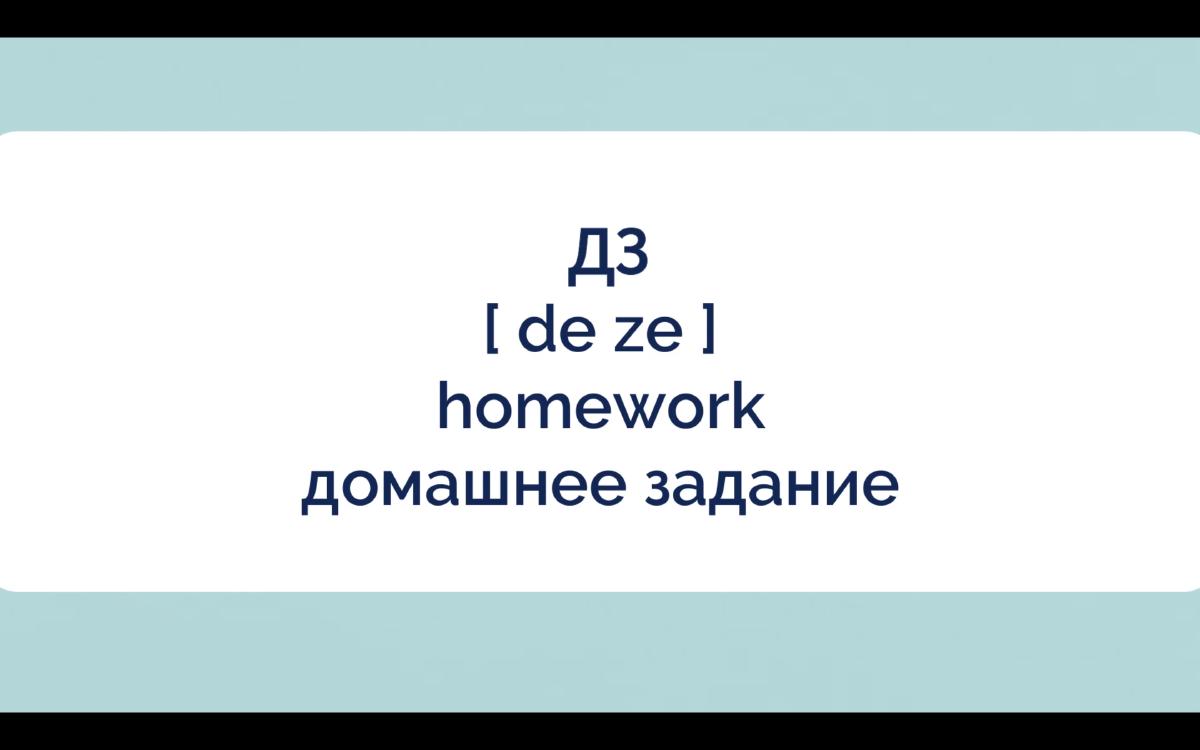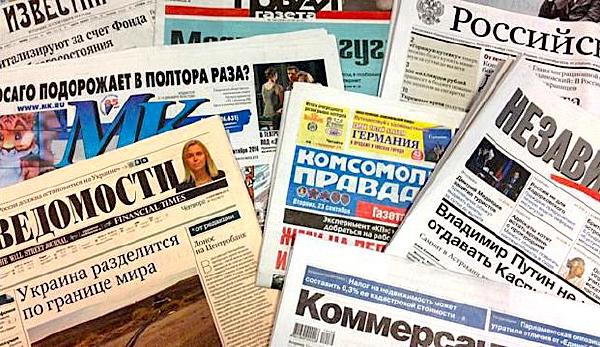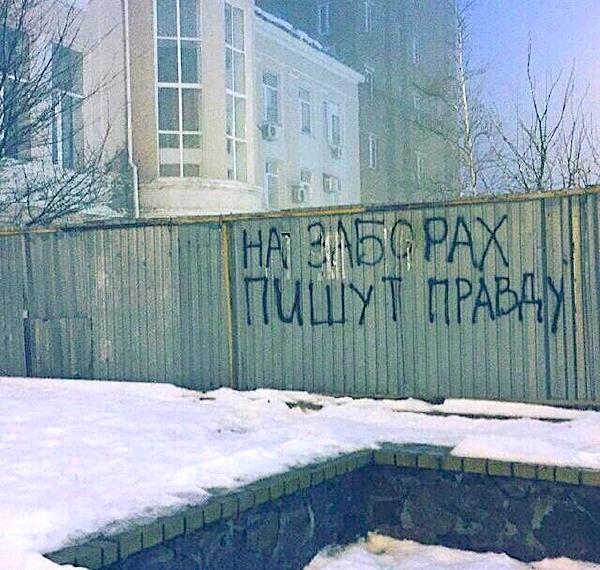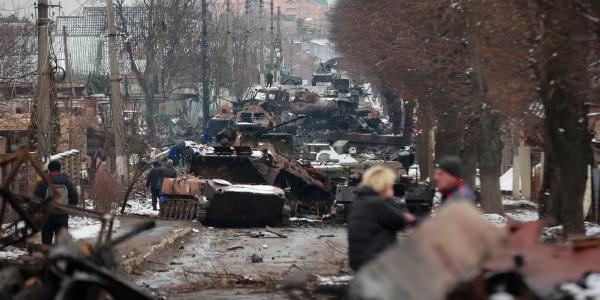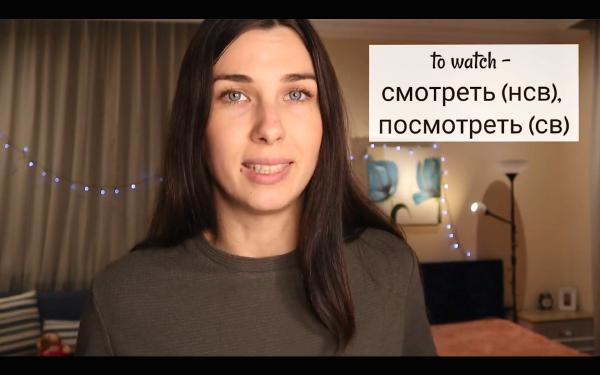Russian Abbreviations, Truncations, and Acronyms
Convenience serves people well. And the linguistic person (whether speaking, typing, swiping, or writing) benefits from shortcuts in the form of abbreviations, truncations, and acronyms. These are popular in every language because why be long when you can be brief?
и т.д. etc.
Starting with a common abbreviation ( аббревиатура) that you often use at the end. и т.д. (note the space after и) = etc., as it stands for и так далее, meaning “and so on” or “and so forth”. Similarly, there’s и т.п., which stands for и тому подобное (and similar). Below are other frequently used abbreviations.
- б/у = бывший в употреблении (second-hand, used)
- в. = век (century)
- вкз. = вокзал (station)
- г = грамм (gram)
- г. = год (year) or город (city)
- д.б. = должно быть (should be)
- до н. э. = до нашей эры (Before the Common Era/BCE)
- ежедн. = ежедневный (daily)
- ж/д = железная дорога (railways)
- и др. = и другие (and others)
- и. о. = исполняющий обязанности (acting/in charge of)
- кто-н. = кто-нибудь (someone)
- м.б. = может быть (maybe)
- мин-во/мин. = министерство (ministry)
- напр. = например (for example)
- н/д = нет данных, нет доступа (no data, no access)
- нед. = неделя (week)
- р./руб. = рубль (ruble)
- см. = смотри (see)
- стр. = страница (page)
- т. е. = то есть (that is)
- т. к. = так как (since/because)
- т. н. = так называемый (so-called)
- т. о. = таким образом (thus/in this way)
- т. с. = так сказать (so to speak)
- ул. = улица (street)
- ф.и.о. = фамилия, имя, отчество (full name: last, first, and patronymic)
- что-н. = что-нибудь (something)
Discussion of these abbreviations can be found in Common Abbreviations in Russian (Learn Russian Now! with Anastasia, 2019, 4 min). Including examples like др (день рождения), НГ (Новый Год), дз (домашнее задание), хз (хрен знает), and зп (заработная плата).
Phone and Internet
Everything for speed – these are shortened forms ( сокращения) someone came up with, no one approved, but everyone now uses. Check out Telegram or WhatsApp (instead of SMS) and see SMS Abbreviations in Russian (Daria Mikhay, 2020, 10 min), which includes спс (спасибо), нзч (не за что), с др (с днём рождения), ппц (пипец), чё/шо (что), кста (кстати), сек (одну секунду), мч (молодой человек), инет (интернет), ща/щас (сейчас), and оч (очень).
See also:
- 5 Russian Chat Abbreviations (Russian Progress, 2019, 4 min) – for хз (хрен знает), мб (может быть), ппж (попозже), збс (заебись), and the classic )))
- Shortened Expressions in Russian (Be Fluent in Russian, 2019, 3 min) – for тока (только), спок (спокойной ночи), ава (аватарка), лс (личные сообщения), сорян/сори (извини), and здрасьте (здравствуйте)
More on this can be found in Roesski Sleng, with a special section on phone and internet slang coming soon.
Institutions and Organizations
Nika Minchenko (Ru-Land Club) explains the acronyms Вуз (Высшее учебное заведение), ЗАГС (Записи Актов Гражданского Состояния), and МЧС (Министерство Чрезвычайных Ситуаций). From the same channel but in a different category is Russian Abbreviations: ВИЧ and СПИД. HIV and AIDS in Russian (2018, 3 min). Also, check out How Russians shorten words (2016, 5 min).
A wide variety can be found in Аббревиатуры by русский с носителем (2018, 11 min). It includes АН for a respectable institution, НЛО (неопознанный летающий объект) instead of UFO, БОМЖ (без определённого места жительства) for homeless people (see below), and ДНК (дезоксирибонуклеиновая кислота) for DNA.
It also covers РФ, СССР, КГБ, ФСБ, МИД, АЗС, АК, АЭС, БАД, ВВС, ВИЧ, ВМС, ВОЗ, ВТО, ГИБДД, ГОСТ, ДПС, ДТП, ЕГЭ, ЖКХ, ИНН, МВД, МВФ, НАТО, НАСА, ОБСЕ, ОСАГО, ПВО, ПДД, РЖД, РОВД, РПЦ, СИЗО, СТО, ФАС, ФБР, ФНС, and ЦУП.
Podcast: When a Russian Bum is Not a Bum (Michelle Berdy, The Moscow Times, 2020, 9 min).
Grammar
Abbreviations for linguistic and technical terms are nearly as numerous as the terms themselves. Entire dictionaries have been filled with them, and they are not short. Here is a brief selection of unavoidable linguistic terms.
- буд. = будущее время (future tense)
- букв. = буквально (literally)
- вин. = винительный (accusative)
- вр. = время (tense/time)
- глаг. = глагол (verb)
- дат. = дательный (dative)
- деепр. = деепричастие (gerund)
- ед. = единственное число (singular)
- ж./жен. = женский род (feminine)
- знач. = значение (meaning)
- им. = именительный (nominative)
- кр. ф. = краткая форма (short form)
- л. = лицо (person)
- м./муж. = мужской род (masculine)
- местоим. = местоимение (pronoun)
- мифол. = мифологическое (mythological)
- мн. = множественное число (plural)
- наст. = настоящее время (present tense)
- п. = падеж (case)
- погов. = поговорка (proverb)
- п/я = почтовый ящик (P.O. Box)
- предл. = предложный (prepositional)
- прил. = прилагательное (adjective)
- притяж. = притяжательное (possessive)
- противоп. = противоположное (opposite)
- прош. = прошедшее время (past tense)
- разг. = разговорное (colloquial)
- р. мн. = родительный падеж множественного числа (genitive plural)
- род. = родительный (genitive)
- с./сред. = средний род (neuter)
- сокр. = сокращение (abbreviation)
- ср. = сравни (compare)
- сравн. ст. = сравнительная степень (comparative degree)
- сущ. = существительное (noun)
- тв. = творительный (instrumental)
- ч. = число (number)
More
- 15 Common Russian Abbreviations (Irene Ignatenko, 2020, 14 min)
- Abbreviations and acronyms in Russian/ Аббревиатуры в русском языке (Exlinguo, 2019, 31 min)
See/read:
- Аббревиатура (Wikipedia)
- И т.д., и т.п. (Ruspeach)
- RF, USSR, KGB: Russian political abbreviations (Russia Beyond, 2014)
- Russian abbreviations (Wiktionary)
- Russian abbreviations (Arca Russica)
- Сокращения (Orfogrammka)
- Сокращения, используемые в словаре (Gramota)
- Список сокращений (Wikipedia)
- Ten Most Common Russian Abbreviations (Russian Language Blog, 2014)
More


